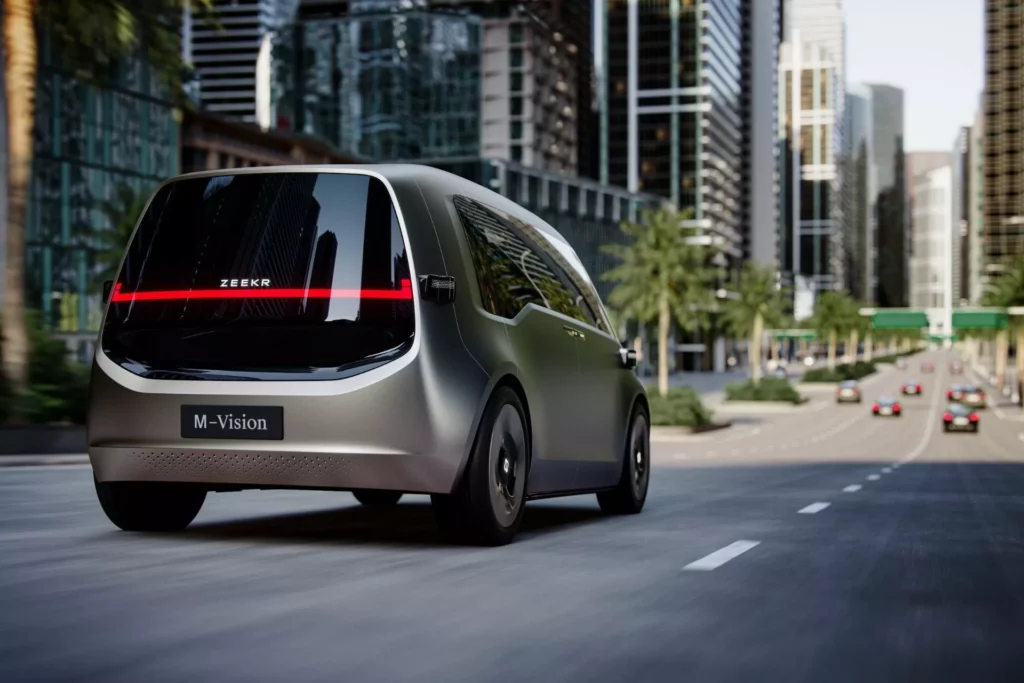While robotaxis may be the future, it’ll still be a long time before they become mainstream around the world
6 hours ago

- Waze’s co-founder says Generation Beta will never need to learn how to drive.
- Levine predicts most paid mobility services will be fully driverless within ten years.
- Future cities may barely have any human drivers on roads, claims the entrepreneur.
For most of us, the act of driving a car is second nature, a daily routine that barely warrants a second thought. However, for kids born from now until 2039, known as Generation Beta, driving a car could be a completely foreign concept. Or at least that’s what Uri Levine thinks, entrepreneur and co-founder of Waze, the navigation app acquired by Google for $1.3 billion in 2013.
Read: This City Could Be Tesla’s Toughest Robotaxi Challenge Yet
Levine says that members of Generation Beta “will not drive” and that “a generation after that, if you will tell them that you used to drive cars yourself, they will not believe you.” He compared cars to elevators, which, 50 years ago, required operators but no longer do.
A Fully Autonomous Future?
The co-founder of Waze thinks that robotaxis will make driving your own vehicle completely unnecessary. Speaking with Business Insider, he suggested that in a decade, most paid mobility and transportation services will be completely autonomous and that you will “barely see any drivers” in urban centers.
This shift could have wide-reaching implications. Not only would robotaxis change how we get from place to place, they could also disrupt the logistics industry and reduce the need for traditional public transportation systems.

Lower Costs, More Free Time
Using self-driving transport could also make financial sense for consumers. Currently, most of the money paid to catch an Uber is given to the driver. Remove the driver from the equation, and you could reduce the cost of a ride from $100 to as little as $25. Using autonomous transport services will also give people back a lot of time that they’d ordinarily spend driving.
The revolution won’t stop there. In the future, Levine believes that it may no longer be necessary to visit clothing or shoe stores, as autonomous vans operated by stores could deliver items directly to shoppers.
Still a Long Road Ahead
Importantly, this won’t happen overnight. Waymo has been offering autonomous rides since 2020, and although it’s provided millions of paid rides in the five years since, the service still only operates in a handful of locations in the United States. In most countries, self-driving robotaxi services like this are completely non-existent, and it will be years, if not decades, before others are established.
So, what do you think; are you ready to hand over the wheel to an algorithm? Or are you clinging to your stick shift and claiming your place in traffic like it’s a birthright? Either way, enjoy it while it lasts. Generation Beta might just look at your road rage one day the same way we look at people arguing over phone booths.

#Tech #Founder #Predicts #Driving #Kids


